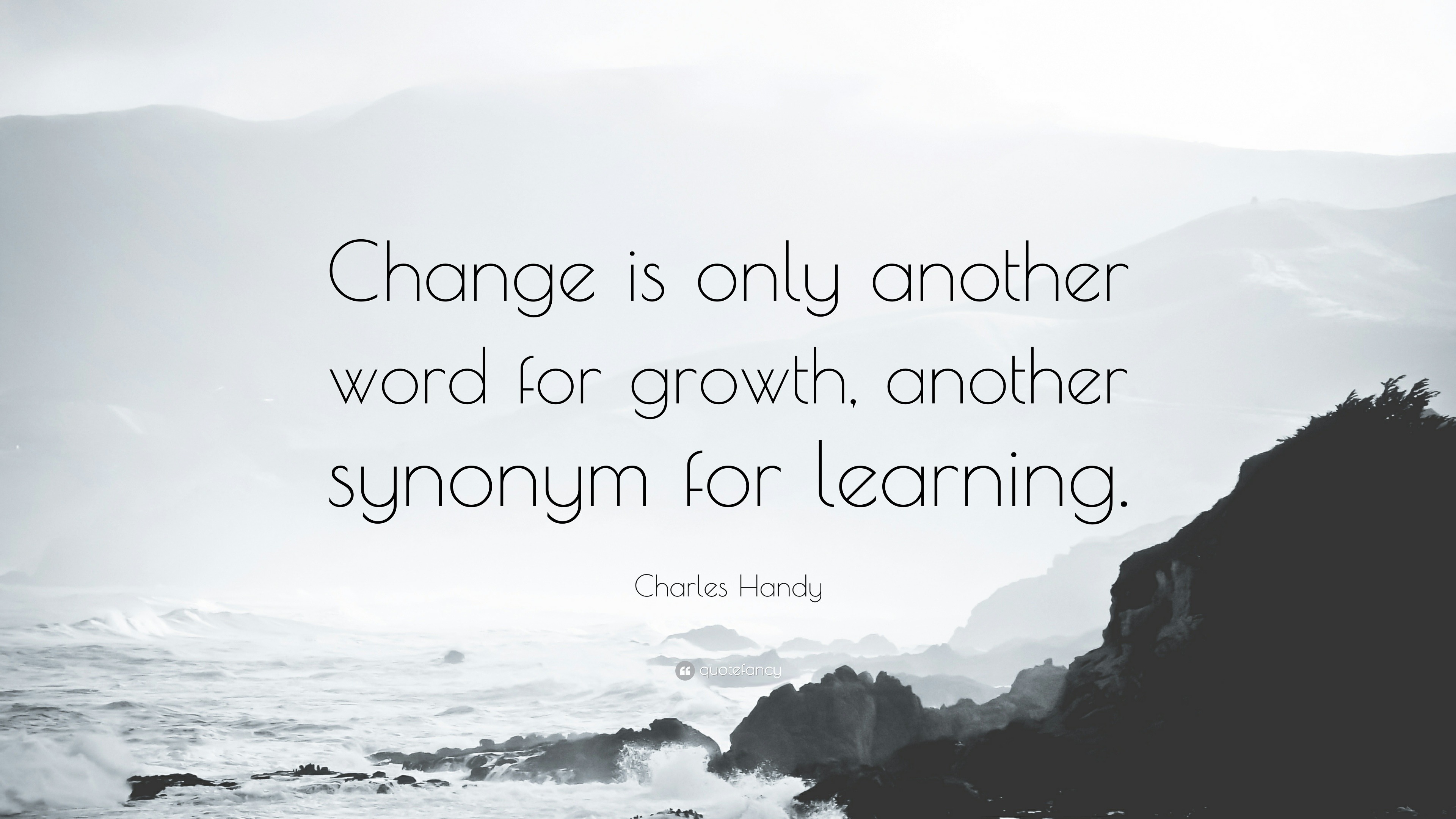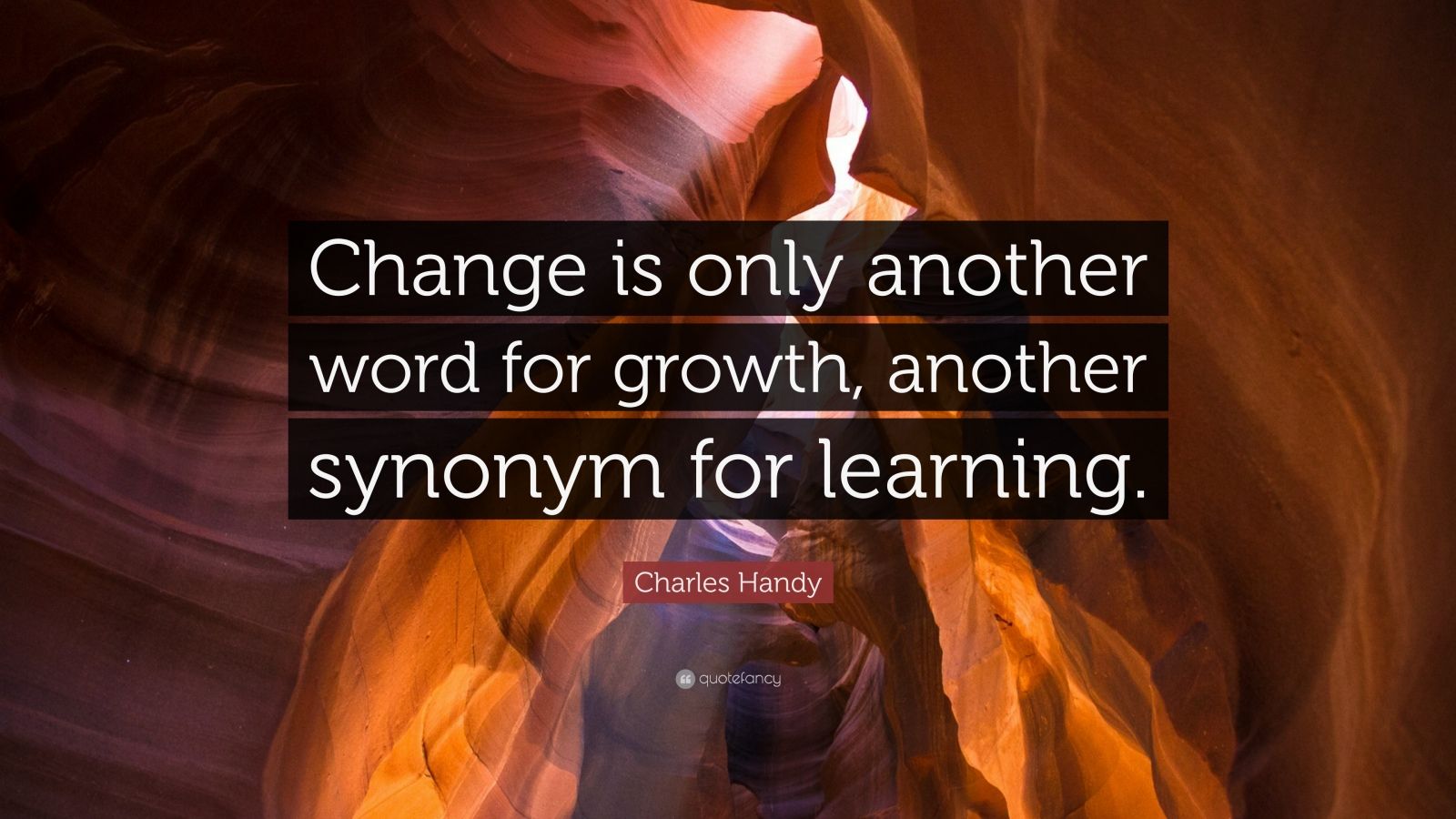
Here are some of the common words used to describe negative cultures and a brief example of each. You might feel tempted to grab words from the list above and stop reading, but almost every organization working to put a finger on their organization’s culture will have a few negative aspects to address. Inclusive – diversity is welcomed and appreciatedįriendly – staff engage in positive interactions with one another throughout the day Words to describe a negative company culture Innovative – the company is always seeking new ways to stay a step ahead of the industry and is open to feedback and ideasįun – the organization creates opportunities for fun in daily workĬasual – the dress code, the environment, or the communication style is casual formality isn’t requiredįast-paced – employees have no trouble staying busing and thriving in their work environments and their workday goes by quicklyĪutonomous – employees have both the freedom and accountability to change their workplace and their results Motivating – employees feel motivated to achieve because of intrinsic and extrinsic rewardsĮngaging – employees feel invested in their work and their organization and do their best work every day Nurturing – the organization supports employee growth and development gives employees clear feedback and suggestions before moving to termination Relaxed – workers are given some freedom to decide how they do their best work and then do it that wayĬhallenging – team members are pushed to explore and work at the top of their skill sets employees who are up for a challenge have access to more challenging work at any timeĬollaborative – employees work well with one another, within and between departments Rewarding – those who exceed expectations are recognized, even in non-monetary ways Some of the words most commonly used to describe a company culture in an attractive way:įamily-Oriented – employees are offered benefits and flexibility that make it easy to find balance Words to describe a positive company culture We hope these common words used to describe good and bad aspects of company culture will help you do it with confidence. That said, if being able to describe your company culture is new to you – perhaps you’re a startup or a small group – or even if it’s something you’ve had to do before, finding the words to evaluate and describe your company’s culture can be daunting and time-consuming. No matter how you slice it, you’ll need to be able to describe your company culture in detail in order to do your best work. However, it’s especially critical for those in recruiting / talent acquisition since your everyday work requires you to both identify gaps in your internal culture and improve them, as well as actively sell the organization (flaws and all!) to candidates and clients.

The Middle English verb was used to refer to the exchange of money, coins, or currency, but the corresponding noun meanings did not appear until the mid-16th century the specific usage “the balance of money returned to a buyer” is first recorded in 1665.Understanding and articulating your company culture is important for many people within an organization, whether you’re a senior leader or a member of middle management, human resources, marketing, or otherwise.

The French development from cambiāre to changier is regular other Romance languages have developed in differing ways: Spanish and Portuguese cambiar keep cambiāre more or less intact Catalan has canviar Sardinian has cambiare Old Provençal has both cambiar and camjar Old Italian (late 12th century) has cambiare, but modern Italian only cangiare. The French verb comes from Latin cambiāre “to exchange,” from earlier cambīre “to exchange, barter,” both of Celtic (Gaulish) origin.

The Middle English verb change, chaungen, chaungie, changen, chaingen (and other spelling variants) “to be altered, alter (a purpose, attitude, or opinion), transform or be transformed substitute, exchange” come from Anglo-French chaunger, changir and Old French changier, with the same meanings. The English noun and verb change are both recorded at just about the same time (between 12), but the meanings of the noun follow those of the verb.


 0 kommentar(er)
0 kommentar(er)
